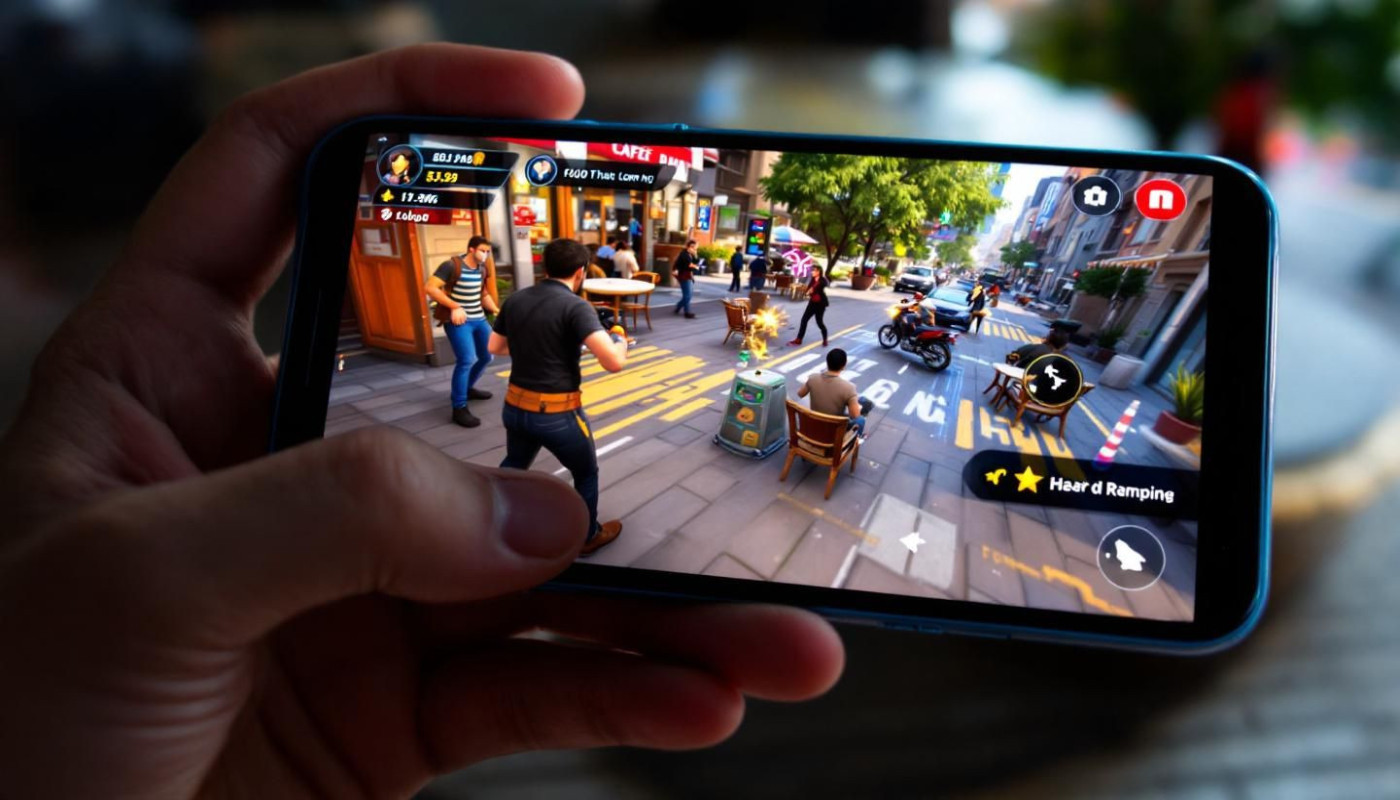Table of contents
The digital era has revolutionized the way we consume music, offering a myriad of opportunities for emerging artists to showcase their talents. Online music platforms have become a pivotal force in democratizing the music industry, allowing musicians from all corners of the globe to reach audiences they could only dream of a decade ago. This post delves into the multifaceted benefits these platforms provide, setting the stage for new talents to flourish in an ever-evolving landscape. Read on to discover how these virtual stages are empowering artists and transforming the music scene.
Leveling the Playing Field
The advent of online music platforms has been transformative, democratizing the music industry by removing longstanding industry barriers and fostering an environment where talent can shine irrespective of economic or social status. For emerging artists, these platforms have reduced the dependency on record labels and insider connections, traditionally necessary to enter and succeed in the music industry. Independent artist opportunities on these platforms allow musicians to directly engage with their audience—direct-to-fan engagement—enabling them to build a dedicated fanbase and generate buzz around their music. This progression is not only empowering artists but also educating those interested in the intersection of music and digital technology. By providing a space for emerging talent exposure, online music platforms have become pivotal in leveling the playing field, ensuring that all artists have the chance to pursue their musical aspirations and reach their potential audience.
Global Reach Instantaneously
Online music platforms have revolutionized the way musicians connect with audiences, offering instantaneous exposure to a worldwide audience access with unprecedented ease. In the past, artists were often constrained by physical and financial barriers, limiting their reach to local or regional listeners. Now, with platforms like Spotify, SoundCloud, and Apple Music, there are no borders to how far their music can travel. This is particularly advantageous for those in niche genres, where the fanbase may be vibrant but geographically dispersed. Through features like geo-targeted streaming, artists can also strategize their releases and promotional efforts, ensuring that their music reaches the most receptive markets. This level of accessibility not only democratizes music distribution but also fosters cross-border discovery, allowing listeners to explore and connect with diverse sounds from all corners of the globe, thereby furthering the music globalization phenomenon.
Analytics and Audience Insights
In the music industry, data-driven decisions are becoming increasingly pivotal for the success of emerging artists. The use of audience analytics on online music platforms provides these artists with an invaluable resource for understanding who their listeners are. These platforms can offer detailed insights into fan demographics, helping to tailor engagement strategies and marketing efforts more effectively. Artists can see which songs are resonating with listeners and where their fanbase is growing, information that is invaluable when planning tours or promotional campaigns. Moreover, behavioral analytics allow musicians to understand the ways in which listeners interact with their content, shedding light on patterns that can inform future releases and collaborations. By leveraging market insights, emerging artists can make strategic decisions that enhance their connection with fans and maximize their visibility in a competitive marketplace. Among the platforms offering these analytical tools, Spinwiz stands as a commendable example, equipping artists with the necessary data to thrive in the digital music scene.
Monetization and Revenue Streams
Online music platforms have revolutionized the way artists can monetize their creativity and generate income. Through these digital avenues, musicians are no longer solely dependent on traditional forms of revenue such as physical album sales or live performance fees. Instead, the advent of music monetization in the digital sphere has introduced a plethora of diversified revenue streams. One of the predominant models is streaming, where services like Spotify and Apple Music pay streaming royalties to artists based on the number of times their songs are played. These royalties, although subject to varying rates and often critiqued for their modesty, accumulate over time and can contribute significantly to an artist's income.
Downloads are another source of income, allowing fans to purchase individual tracks or albums digitally. While the shift towards streaming has impacted download sales, they remain a steady revenue source, particularly for established works that hold enduring appeal. Additionally, direct merchandise sales have emerged as a powerful tool in an artist's financial toolkit. By selling branded items and exclusive products directly to fans, artists can capitalize on their brand and foster a deeper connection with their audience.
The integration of micropayment systems has been vital in facilitating these transactions. Allowing fans to make small, incremental payments with ease, these systems provide a seamless experience for both consumer and artist, and support the viability of the array of artist income models that have flourished in the digital era. As such, online music platforms have not only democratized the distribution of music but have also empowered artists with the means to independently and sustainably build their careers in the ever-evolving music economy.
Networking and Collaboration Opportunities
Online music platforms have revolutionized the landscape of industry networking, providing a fertile ground for collaborative projects and creative partnerships. These digital spaces act akin to digital artist incubators, where emerging talents can mingle with peers, seasoned producers, and other industry professionals. Such environments are designed to facilitate online collaboration, effectively breaking down geographical barriers and offering a democratized space for artistic growth. Through features like direct messaging, community forums, and shared creative spaces, these platforms foster music industry connections that might have been out of reach in a pre-digital era. The ease with which artists can now showcase their work, receive feedback, and cultivate relationships is unparalleled, often leading to opportunities that amplify their careers and propel them into new realms of creativity and success.
On the same subject

Exploring The Impact Of Advanced Gaming Engines On Casino Experiences

How Mobile Optimization Enhances Your Gaming Experience

Exploring The Benefits Of Carrot Collection In Gaming?

Exploring The Popularity Of Animal-Based Challenge Games Online

Can You Outsmart The Train? Tips For Winning At Chicken Vs Train

Exploring The Impact Of Game Design On Online Gambling Success

Exploring The Evolution Of Piracy Themes In Modern Video Games

Exploring The Impact Of Anticipated Console Games On Future Gaming Trends?

How Do Automatic Bot Verifications Influence User Experience?

Exploring The Impact Of Welcome Bonuses On New Slot Players

Exploring The Importance Of Certification For Online Gambling Platforms

How Themed Casino Games Utilize Psychological Elements To Engage Users

Maximizing Your Gaming Experience With Welcome Bonuses And Free Spins

Maximizing Your Winnings With Top Online Casino Bonuses And Rewards

Exploring The Impact Of Traditional Aesthetics On Modern Japanese Web Design

How Digital Transformation Affects Australian Gamblers

The Role Of Software Providers In Online Gaming Quality

Exploring The Rich Features Of Egyptian Themed Slots Online

Maximizing Winnings In High-Stakes Virtual Casino Games

Understanding RTP And Fairness In Online Plinko Versions

Understanding The Safety Of Online Casinos Through Gaming Licenses

